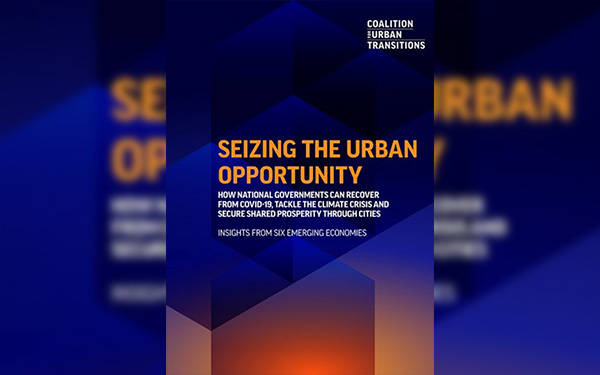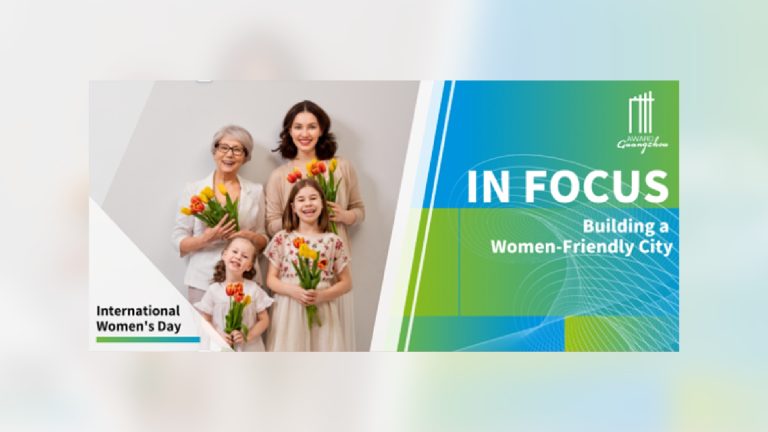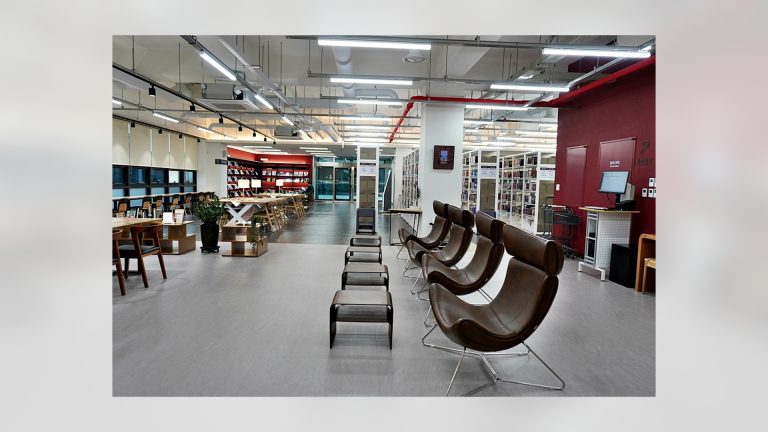Coalition for Urban Transitions cooperate with WRI Indonesia launched Seizing the Urban Opportunity Report which created in consultation with experts and policymakers in six focus countries, including Indonesia, China, and India with additional input from more than 36 organizations in five continents.
The report focus on post-covid recovery, climate change, and long term development challenges. Cities plays an important role to overcome those challenges, as cities produce 80% of global GDP and have a lot of opportunity hubs and development. On the other hand, data shows 57.7 million people live in low-lying coastal zone (less than 10 meter above sea level) and they have a higher risk of climate change impact.
Climate change cause various harmful effects in fishery and agriculture sectors, temperature rise at a rate of 0.45 – 0.75 degree Celsius, changes in rainfall around 2.5 mm per day, sea level rise 0.8 – 1.2 cm per year, extreme wave increase for more than 1.5 meters, also leads to a global and national economic loss.
Long-term development strategies to net-zero is crucial. The effort need a significant investment in infrastructure, material efficiency, and decarbonization. Despite the fact that those investments need a huge amount of money, it will eventually create more income and new jobs to reduce the unemployment.
This is in line with the current Race to Zero – Resilience which is a global campaign supported by C40 Cities, ICLEI, UCLG and the Global Covenant of Mayors for Climate Change (GCoM). This serves as a great momentum to drive climate resiliency and sustainable recovery forward.
United Cities and Local Governments Asia-Pacific (UCLG ASPAC), as the Southeast Asia Secretariat for Global Covenant of Mayors has committed to tackle climate change and implement the Paris Agreement, in order to accelerate measurable climate and energy initiatives that lead to an inclusive, low-emission and climate resilient future.
In fulfilling its role as Secretariat, UCLG ASPAC with Climate Resilient and Inclusive Cities program aims to strengthen good governance, to create the sustainable use of resources by cities, social cohesiveness and inclusive cities, prosperity and innovation in cities, to support the transition to resilience and action for the environment, and to develop knowledge exchange and joint training among countries in South and Southeast Asia.
Those objectives show that UCLG ASPAC has quite the same objective with the focus of this report and UCLG ASPAC will endlessly support cities and local government to maximize the decarbonized urban development.
By KM Team











